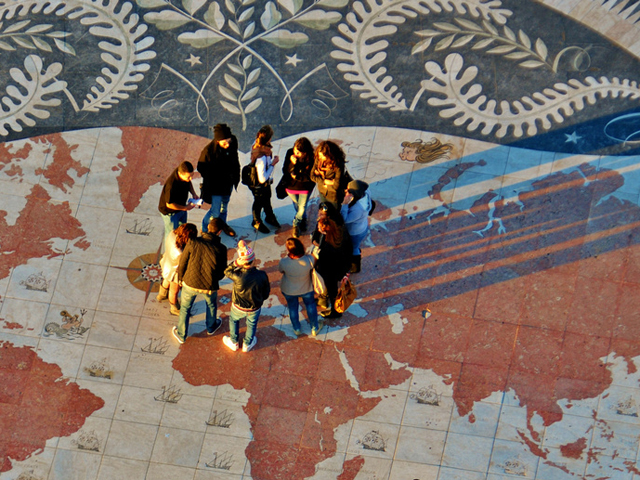
Public libraries across the European Union (EU) have long played an important role in communities by providing free access to information, guidance from trained librarians, and public meeting space. As meaningful participation in society increasingly requires access to digital information and resources, many public libraries in the EU have expanded their offerings to include access to information and communications technologies (ICTs) like computers and the Internet. Under the Europe 2020 Strategy for smart, sustainable and inclusive growth, the EU has set ambitious objectives in many of the development areas to which access-to-information efforts contribute – specifically employment, innovation, education, and social inclusion. EU member states are expected to meet targets in these areas by 2020. There is anecdotal evidence that ICT access through public libraries can support the implementation of the specific growth, education, and cohesion policies related to the EU 2020 Strategy. Research company TNS was commissioned by the Bill & Melinda Gates foundation to conduct research across 17 EU countries to identify perceptions and types of use of public libraries. The purpose of the research was to understand the impact that public libraries in the EU have on users’ lives.
While this is not a TASCHA project, the subject matter is closely related to many of our research areas, and we are committed to making research available to the public. As such, we are pleased to host the research instruments, data, and research reports from this project.


